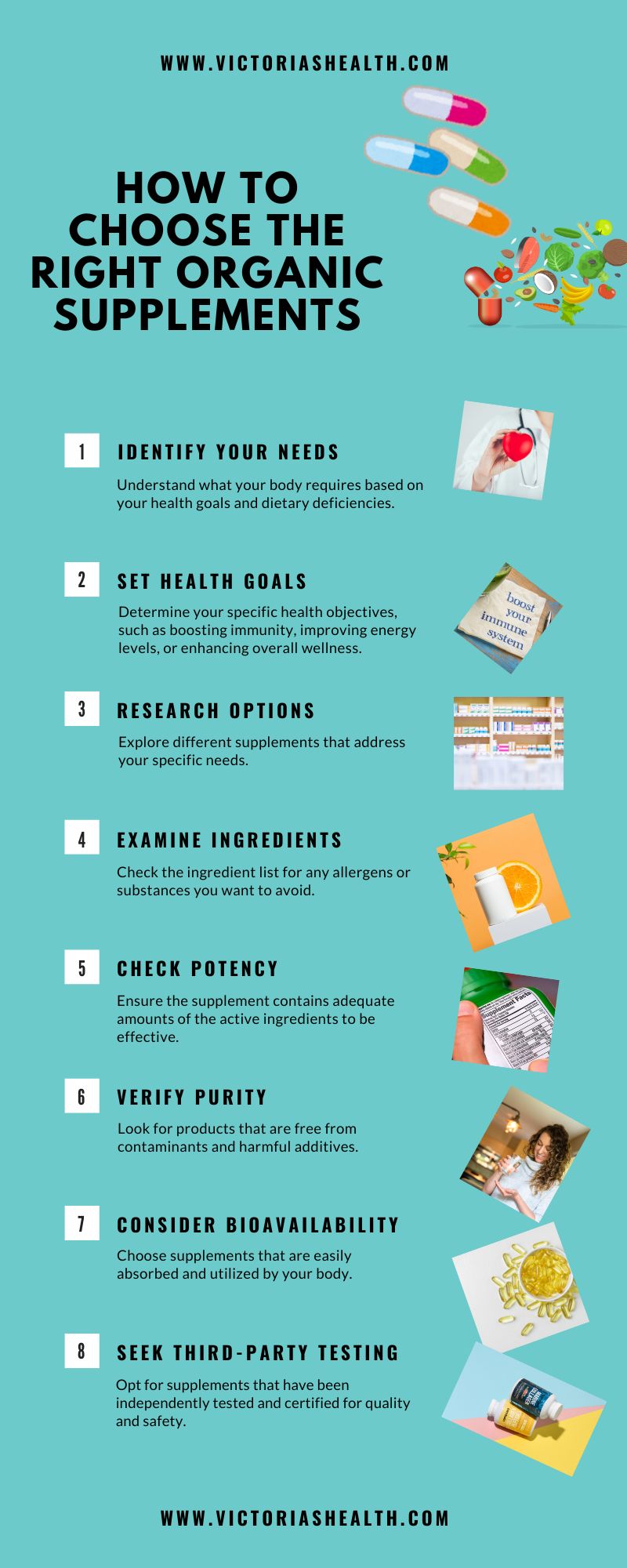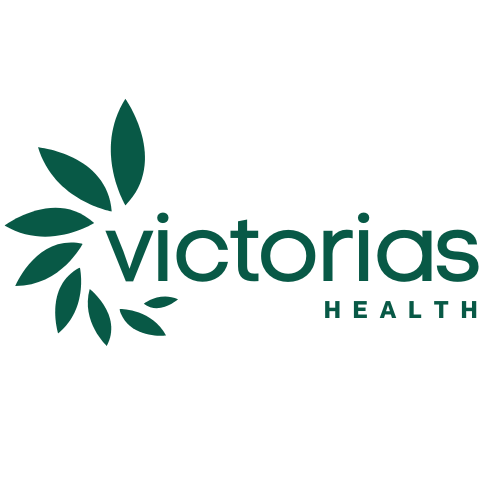Let’s talk about organic supplements. Or, as I like to call it, the Wild West of the wellness aisle.
Supplements are those little magic pills, powders, and potions that promise to fill the nutritional gaps left by our less-than-perfect diets.
But how do you know which ones are actually worth your hard-earned cash? Let’s get right into it.

Essentials You Need to Know About

First off, let’s clear up what we’re dealing with here. Supplements are dietary additions taken orally, like vitamins, minerals, herbs, and other goodies that your body might be craving.
They’re intended to complement your diet, not replace the nutrients you should be getting from actual food. They are the backup dancers, not the main act.
The FDA’s Role (Or Lack Thereof)
Here’s a fun fact: supplements are not regulated as strictly as medications. The FDA has limited oversight of their safety, effectiveness, or quality.
Basically, you’re taking a bit of a gamble every time you pop one of those pills. However, there are ways to figure out which ones are good for food and which ones are not so good.
Vitamins 101 – Fat-Soluble vs. Water-Soluble
Vitamins come in two flavors: fat-soluble and water-soluble. Fat-soluble vitamins (A, D, E, K) are stored in your body’s fat and liver. This means you can stockpile them, but beware – taking too much can be toxic.
Yes, folks, too much of a good thing can indeed be bad. Water-soluble vitamins (C and B vitamins), on the other hand, aren’t stored in your body. They pass through your system faster than a bad Tinder date, which means you need a regular intake to keep things balanced.
Who Might Actually Need Supplements?

While the average Joe might not need a cabinet full of supplements, certain groups could benefit from them. Pregnant women, breastfeeding mothers, and individuals with nutrient malabsorption issues might need an extra boost.
If you fall into one of these categories, you might actually have a valid reason to join the supplement fan club.
- Pregnant Women: Folate and iron are crucial.
- Breastfeeding Mothers: Vitamin D and omega-3 fatty acids are key.
- Nutrient Malabsorption: Specific vitamins based on the condition (e.g., B12 for those with pernicious anemia).
The Interaction Game
Supplements can interact negatively with medications. Just because something is “natural” doesn’t mean it’s harmless. Picture this: you’re taking a blood thinner and decide to load up on vitamin K. Surprise! You’ve just rendered your medication less effective. Always consult a healthcare provider before mixing supplements with your prescriptions. It’s not worth the risk, folks.
Quality Control & Third-Party Certifications
Look for third-party certifications like NSF or USP on supplement labels. These badges of honor can indicate higher quality and safety standards.
Think of it as choosing a restaurant with a Michelin star instead of a sketchy food truck. You want to know what you’re putting in your body is actually what it claims to be.
The Dark Side of Fat-Soluble Vitamins
Remember those fat-soluble vitamins we talked about? Taking them in excess can lead to some serious health issues.
Overdosing on these vitamins is easier than you might think, especially if you’re doubling up on supplements and fortified foods. A little moderation goes a long way.
The FDA and Labels
The FDA does not guarantee the accuracy of ingredient amounts listed on supplement labels. Shocking, I know. Without pre-market evaluation, manufacturers can play a bit fast and loose with their claims.
It’s up to you to be a savvy shopper and do your homework. Or, you know, consult someone who knows what they’re talking about.
Consult the Pros

Speaking of consulting, it’s a good idea to talk to a healthcare provider for personalized advice on supplement use.
Especially if you’re considering high doses or long-term use. No one wants to be that person who ends up in the ER because they thought more was better.
A Few More Advice for Good Measure
- Consult a Pro: Your doctor knows your medical history and can give tailored advice.
- Start Small: Begin with a lower dose and see how your body reacts.
- Monitor Side Effects: Any negative changes? Time to reassess.
Supplement Smartly
In the end, choosing the right organic supplements boils down to being informed and cautious. Don’t fall for the latest Instagram wellness fad without doing your homework.
Supplements can be a great addition to your diet, but they’re not magic bullets. They’re more like a trusty sidekick – helpful, but not the star of the show. So, next time you’re staring at a wall of supplements, take a deep breath and remember: balance, moderation, and a dash of skepticism are your best friends.
And maybe, just maybe, give your healthcare provider a call before you start that new supplement regimen.

